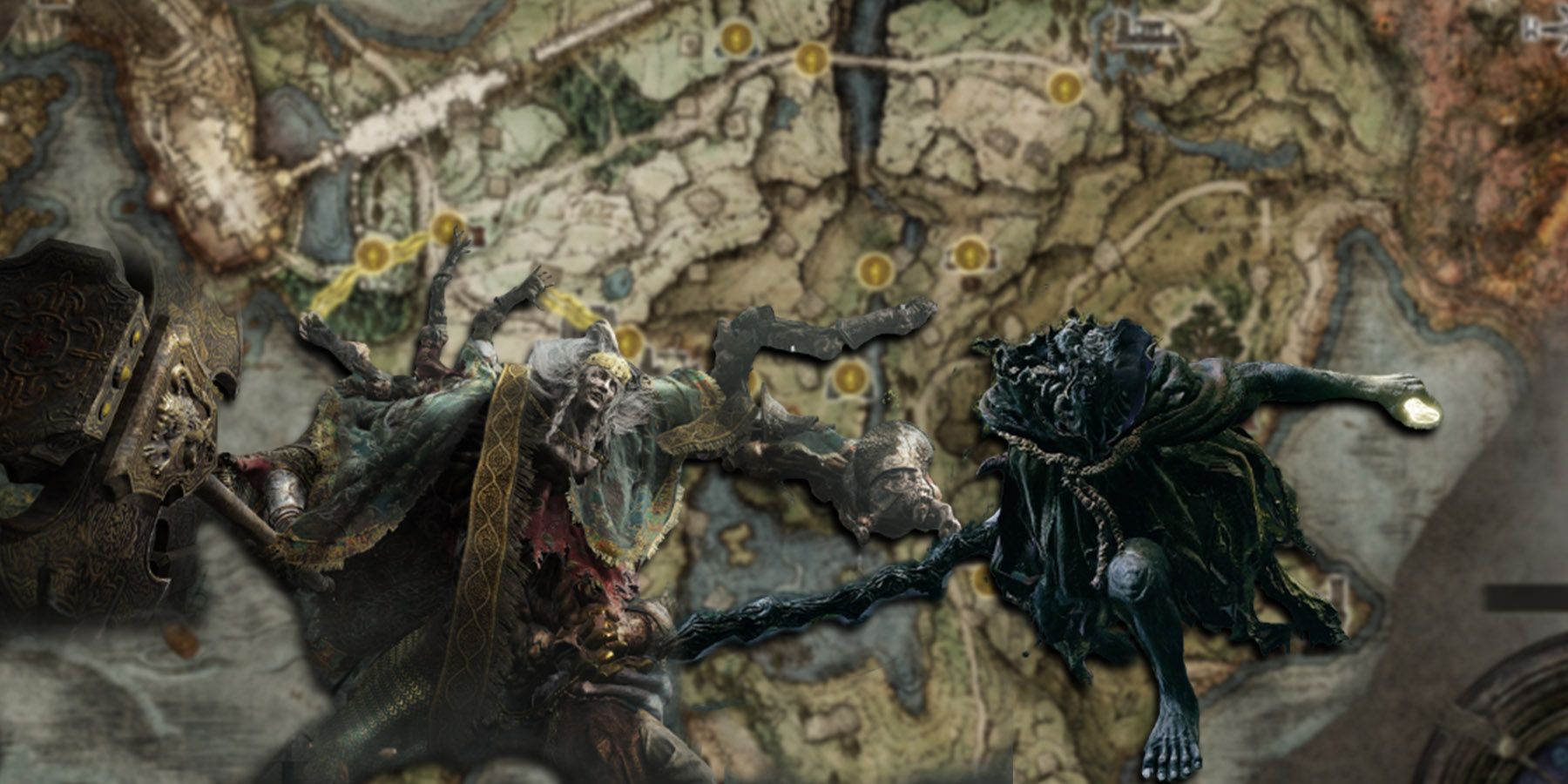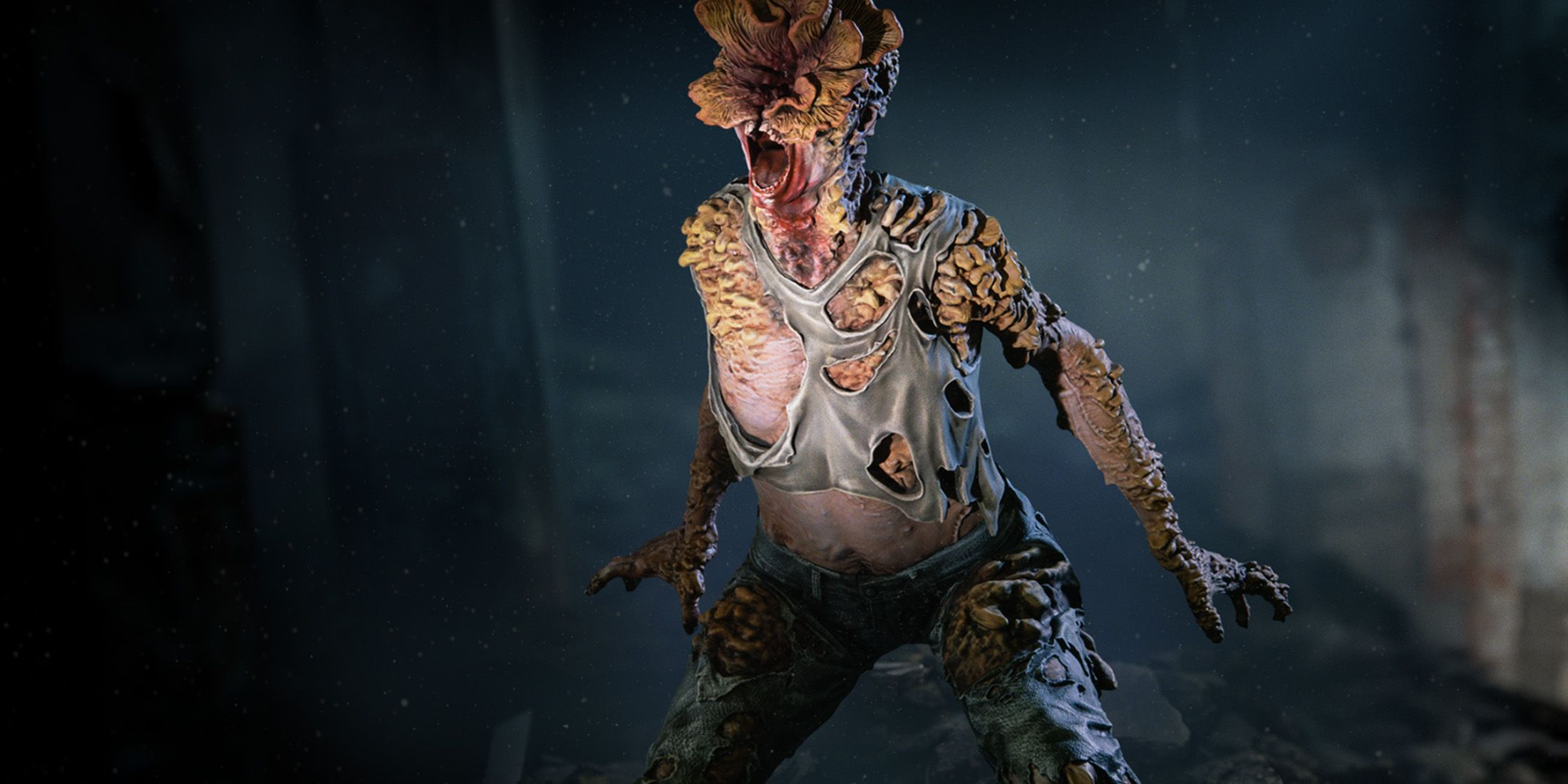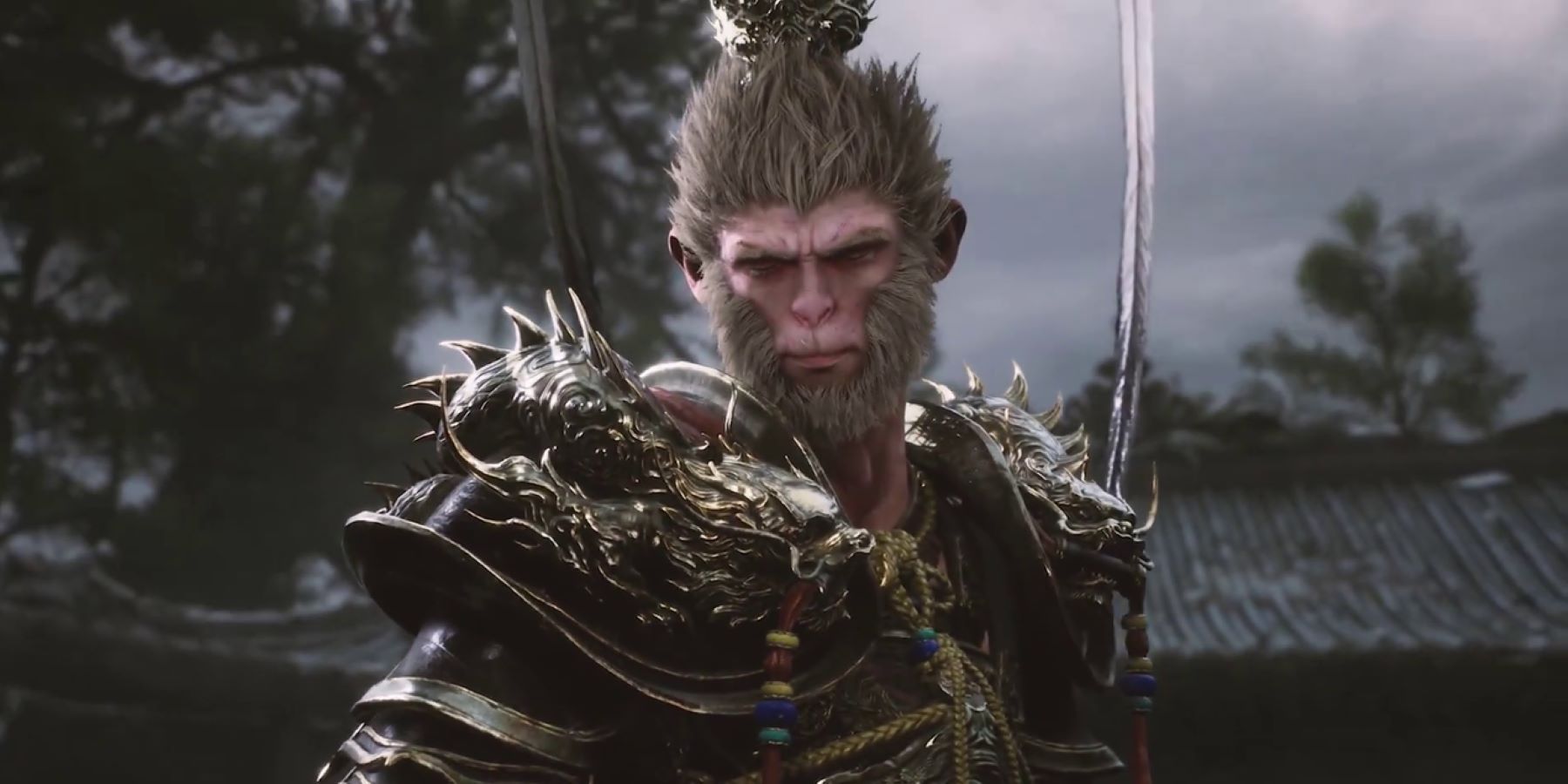Western/European fantasy and mythology games have been in vogue for a long time with highly popular series like The Witcher, God of War, Middle-earth, Elder Scrolls, and so on. Although Asian countries like China, Japan, and India have very rich mythologies and folklore ripe for video game adaptation, that potential hasn't been explored in full yet. Lately, the gaming industry has seen an unprecedented surge in announcements of action RPGs steeped in Chinese fantasy and mythology like Black Myth: Wukong. These games are mainly derivative of Xianxia (Immortal Heroes) and Wuxia (Martial Heroes) fiction, which can be construed as high fantasy and low fantasy respectively.
This genre of fiction features martial artists with incredible combat prowess. Their skills and strengths are given a fantastical flair which affords them superhuman and mystical abilities. The concepts and techniques of real-world Chinese martial arts provide the main source of inspiration. Players can thus experience the distinctively acrobatic and artistic combat styles of the Shaolin Wushu variety, exaggerated and stylized to fit the tone of Chinese fantasy. Players will be able to venture into the China-inspired lands as expert combatants in a variety of near-future releases from Black Myth: Wukong to Where Winds Meet.
Black Myth: Wukong
Black Myth: Wukong is a grittier retelling of the Chinese epic from the 16th century, Journey To The West, and despite being a small team, Game Science is looking to deliver incredible polish and flair in the game's presentation. The game boasts gorgeous and densely detailed environments embellished with captivating classical Chinese architecture and sculptures/idols. Black Myth: Wukong also sports over 100 types of enemies, including bosses.
Wukong is a master shapeshifter with many useful forms. He can transmute into a minuscule Cicada to avoid enemies, a giant ape to clear a large group of enemies, and much more. He can also take the forms of certain boss enemies to use their weapons and powers. Wukong's main weapon is a highly versatile magical staff, which can not only be used to dole out blunt force trauma on enemies but also for evasive maneuvers, like planting the extendable staff into the ground to escape ground-level hazards. The combat system looks very robust with many spells and magic abilities like creating multiple clones, freezing enemies momentarily, and so on.
The trailers tease many intriguing and ambitious scenarios like Wukong fighting an army on clouds, approaching titanic deities emerging from the horizon, and many more. The scope of the game is tremendous and with a successful release, it could give the biggest fantasy/mythology action games a run for their money.
Faith of Danschant: Hereafter
Faith of Danschant: Hereafter is an action RPG heavily steeped in Chinese mythology and a sequel to the turn-based RPG Faith of Danschant. The game stars Xing Yuan, a demon-slaying swordsman. In the trailer, Yuan adeptly dispatches off many demons in a bid to rescue his abducted daughter, Xia, which culminates in a boss fight. Yuan is extremely agile and quick in combat, which stars fluid swordplay, dash dodges, and dynamic parries. The game also features impressive cinematic finisher moves.
Yuan can interact with the environmental elements for combat and traversal. He can cut bamboo branches to thrust them into enemies and run up trees, use the height to surveil the area, and leap between canopies to cover distances faster. The essence of traditional Chinese martial arts is well pronounced in the gameplay mechanics, which means the game has the makings of a compelling high-fantasy epic action-adventure in a novel Chinese setting. Unlike the first game, Hereafter will receive an international release and real-time combat should attract a much larger audience.
Code: To Jin Yong
Jin Yong was a prolific Wuxia fiction writer who inspired a lot of plays, movies, TV series, comics within this genre. Most of Jin Yong's novels have interlinked stories, but the Code: To Jin Yong trailer suggests that characters from different stories who haven't canonically interacted with each other might do so in the game. The player character here is Linghu Cong, the protagonist of The Smiling Proud Wanderer, and his opponent is one-armed Yang Guo from The Return of The Condor Heroes. No context is given for the battle the heroes engage in, but then again, characters in Wuxia stories are often eager to prove their mettle in martial arts.
The game is being made in the powerhouse that is Unreal Engine 5. Utilizing photogrammetry, real-world landmarks from China like Huashan Mountain will be integrated into the game. The visual fidelity looks top-notch, although there's some FPS instability that permeates the trailer. After substantial optimization, this game could deliver the definitive wuxia experience in video games.
Where Winds Meet
Where Winds Meet is an open-world martial arts fantasy RPG set in the quasi-historical Ten Kingdoms era. The player is described as a wandering swordsman embroiled in war and conflict, who has to choose between upholding his moral code and giving in to the world of blade and blood. This could indicate some degree of branching narrative within the game. There is a heavy emphasis on platforming and traversal with exaggerated parkour-esque abilities. He can run on water, jump multiple times in air, and cover the height of low-level buildings in a single leap.
Players can join different martial arts schools to learn and practice different styles of combat, including enticingly powerful forbidden techniques. The game will have a multiplayer component where players can interact with each other based on the occupation they choose to pursue, such as doctor, merchant, and ferryman. The Where Winds Meet reveal trailer also shows glimpses of strikingly beautiful and diverse locations. The trailer's final scene especially makes a stunning visual statement and hints at some majestic battle arenas and boss fights.
Project: The Perceiver
The trailer for Project: The Perceiver sets up a vague but intriguing premise. The Tang Empire is seemingly annexed by the Liang regime and the unnamed protagonist is determined to repel the invading forces and free his homeland. He is set up as a theater artist who is engaging in some level of meta-contextualization where he perceives the events occurring around him as a part of his play.
The protagonist is called Master of Varietas, which could be alluding to the player's ability to assume various forms and alternate between multiple fighting styles, weapons, and powers by wearing magical masks. This ability is put on full display in the exhilarating fight sequence previewed at the end of the trailer. The sword combat is a little reminiscent of Sekiro: Shadows Die Twice, with a heavy emphasis on parries and evasive maneuvers.
Project: The Perceiver's trailer samples beautiful and mythical-looking landscapes, some even featuring shifting and transforming scenery designed for platforming and traversal challenges; combined with the trailer's other highlights, there's a lot of potential at hand. Conglomerates like Tencent and NetEase have invested in some of the studios working on these titles, which could allow for some massive undertakings. If these developers are able to realize the intended vision for their games, gamers could be witnessing an exciting era of high-quality Asian/Eastern fantasy games soon.
Black Myth: Wukong releases in 2023 for PC and consoles.




